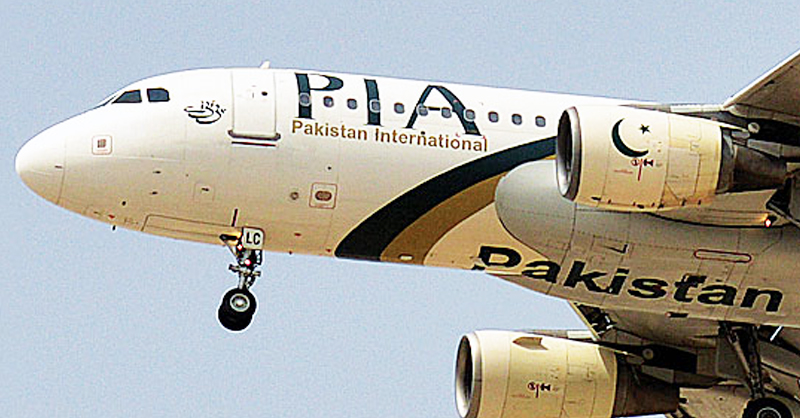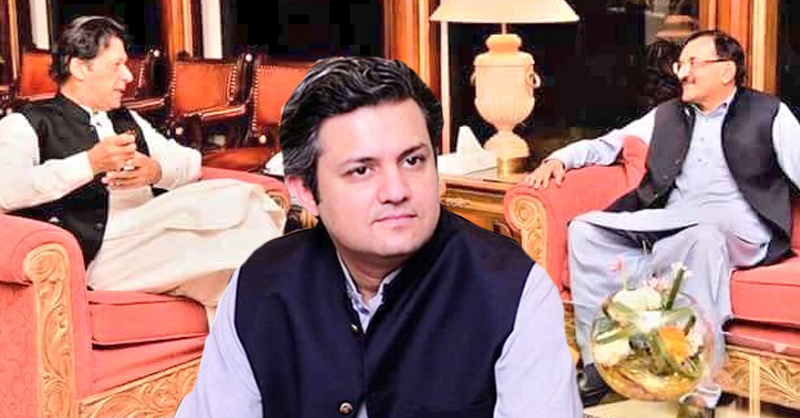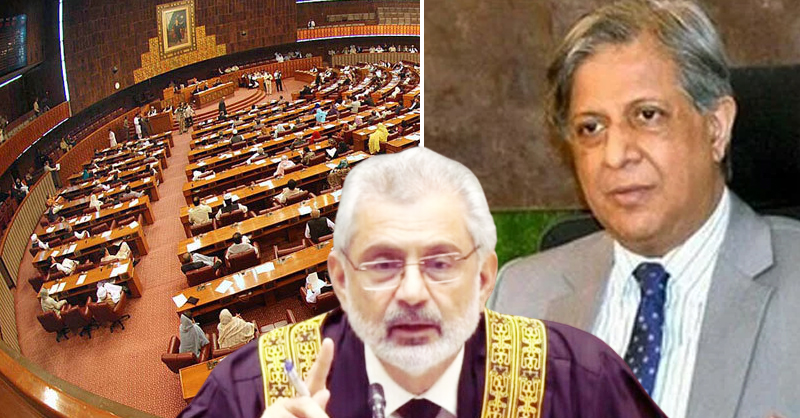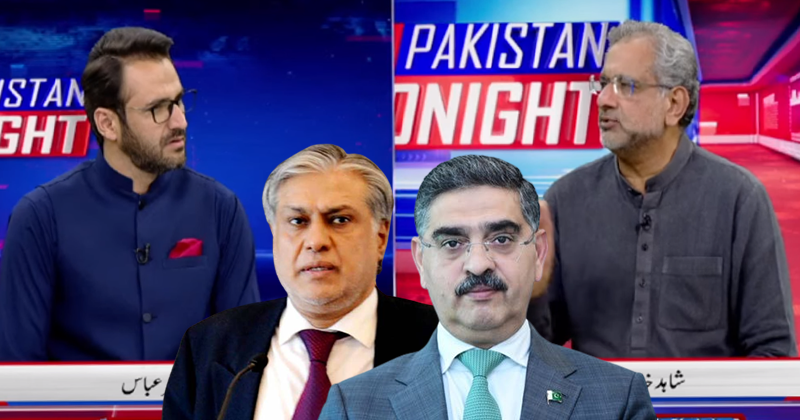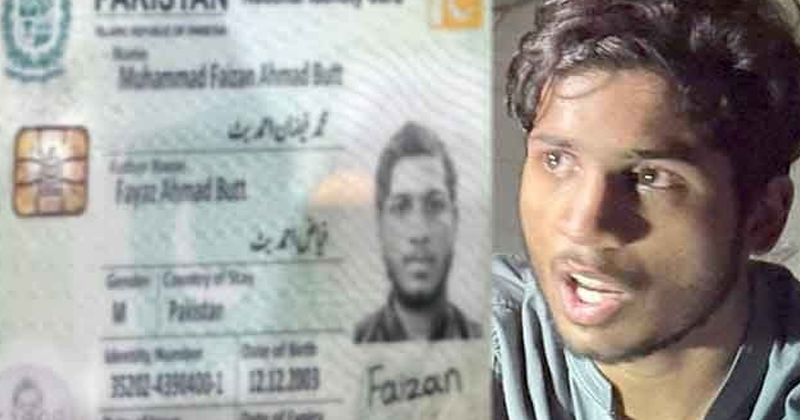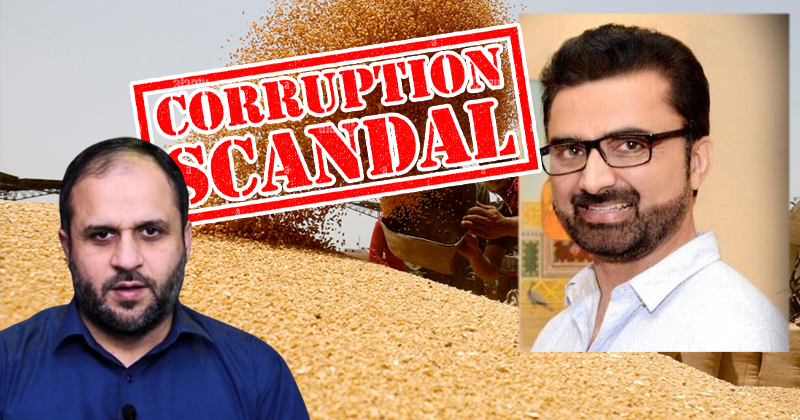
For a long time perceptions of Pakistan as a conservative Muslim country encouraged a belief that HIV-Aids incidence would be non-existent or very low. With the number of HIV cases rising the government finally included it in its 2009 national health policy, but as the BBC's Nosheen Abbas reports, its full extent is still not widely acknowledged.
A report on HIV by the UN last year said that 2003 was a key date in the battle against the disease in Pakistan.
At that time there was an outbreak of the epidemic when it was discovered that 10% of people among a random sample tested in the city of Larkana city in the province of Sindh were infected.
The findings moved Pakistan up from "low prevalence - high risk" category to a "concentrated epidemic".
The epidemic is concentrated in pockets of high risk groups - including injecting drug users (IDUs), and male, female and hijra (transvestite) sex workers.
'Attitude of apartheid'
A large number of HIV and Aids cases are also detected among migrants returning from Gulf states.
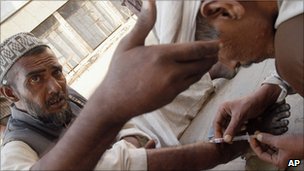
The UN report says that while the prevalence of HIV is low - only 0.1% among the general population - the growing commercial sex industry's overlap with high risk groups is likely to cause the epidemic to spread to the general population.
But experts say the epidemic is not being properly tackled.
Asim Ashraf found out that he was infected with HIV when he was 18.
The mandatory medical test for Haj pilgrimage applicants showed his medical status, but he recalls the doctor being hesitant to break the news.
"I didn't know anything about it, all the ads used to state that Aids was not curable and it's a death sentence - I thought I would die in a couple of days or hours," he says.
After a couple of tests Asim was lucky finally to find a doctor who explained HIV to him and helped him focus on living life as normally as possible.
But when Asim returned to his day job he was ostracised by his fellow workers, who would not sit and eat with him in what he describes as an "attitude of apartheid".
He says his isolation worsened his health.
'Strong stigma'
After studying the illness he is now the HIV-Aids co-ordinator at Rehnuma Family Planning Association. He is married and has a baby daughter - neither she nor his wife is infected with the virus.
Awareness campaigns regarding the epidemic are almost non-existent in Pakistan
Jamshed is HIV-positive and a UNAIDS employee. He argues that "people avoid going to HIV and Aids clinics because there is such a strong stigma around the epidemic".
"They don't get themselves registered, least of all get themselves tested for HIV because many argue that we are an Islamic country and we do not have this problem," he says.
The belief that HIV and Aids is an epidemic caused by "immoral activities" remains a popular misconception among the general public.
The efforts of those fighting against the illness have been hampered by the deteriorating security situation in many parts of the country and by this cultural mindset.
'Walking on eggshells'
Non-governmental organisations (NGOs) working to fight HIV and Aids in the region have received threats and have either changed the location of their offices or only function by telephone.
Palvasha, a 30-year-old Pashtun woman who is HIV-positive, counsels others with the illness in the country's tribal areas where militants have a strong presence.
"Patients are made to sit outside on the lawn far away from the office itself - the reason is the fear of suicide attacks," Palvasha says.
She describes the difficulties of providing counselling to HIV-positive people in the region as "akin to walking on eggshells".
"You need to imply a lot and not talk about things in a direct manner - using one wrong word could send you out of people's houses.
"We are afraid to hold awareness campaigns because we get accused of spreading wrong and sinful things - so we have to be very tactful."
The UN says that the country's anti-Aids programme is short of cash and bedevilled by bureaucracy - especially when it comes to the release of funds that have been committed.
But female Pakistani parliamentarian Donya Aziz argues that the government has been forward-thinking about the crisis, handling it in a pragmatic way.
"Despite being an Islamic republic, many programmes have been designed for high risk groups," she says.
"The penal code states sodomy as a crime for example, yet we have programmes geared towards male partners... But we do need to spend the money in a cost-effective way."
http://www.bbc.co.uk/news/world-south-asia-14399963















